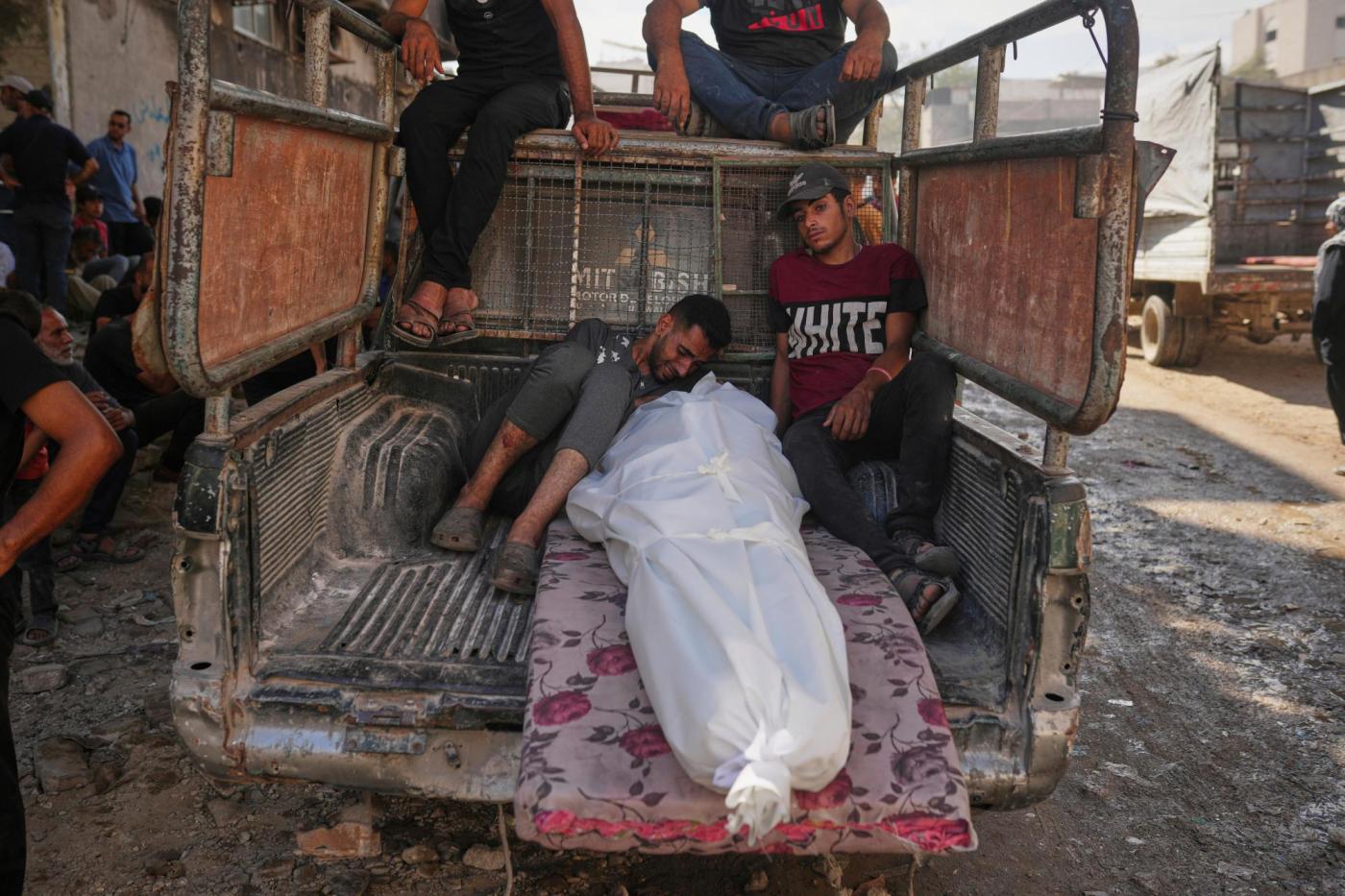The humanitarian crisis in Gaza has intensified dramatically, prompting urgent diplomatic intervention as the death toll among Palestinians desperately seeking aid continues to climb. Amid scenes of chaos and profound desperation, a special envoy from U.S. President Donald Trump has arrived in Israel, underscoring the international community’s growing alarm and efforts to de-escalate the volatile situation.
Recent reports from the Gaza Health Ministry reveal a staggering increase in fatalities, with scores of Palestinians killed and hundreds wounded while attempting to access life-saving assistance. These tragic incidents, including those near the Zikim crossing, highlight the extreme dangers faced by civilians in their pursuit of basic necessities amidst widespread food insecurity. The numbers are expected to rise as access to medical facilities in northern Gaza remains severely hampered.
The distribution of aid has become a critical and perilous endeavor. While air-dropped supplies offer some relief, they are insufficient to meet the overwhelming demand, with aid organizations emphasizing the need for hundreds of trucks daily. Border crossings largely remain closed, exacerbating the severe shortages across the Gaza Strip and fueling the humanitarian catastrophe. These aid deliveries are a lifeline for millions.
Under significant global pressure, Israel recently announced measures aimed at facilitating greater entry of international aid into Gaza. This shift comes after widespread criticism from various international bodies and nations over the deteriorating conditions. The focus remains on increasing the volume of humanitarian supplies to alleviate the suffering.
U.S. President Donald Trump’s special envoy, Steve Witkoff, arrived in Israel to engage in high-level discussions with Prime Minister Benjamin Netanyahu. The primary agenda included addressing the dire humanitarian situation and exploring prospects for a potential ceasefire. This diplomatic mission reflects the White House’s stated commitment to saving lives and bringing an end to the ongoing crisis.
Further diplomatic efforts were underscored by the arrival of German Foreign Minister Johann Wadephul in Israel. Germany, traditionally a staunch ally, has adopted an increasingly critical stance, urging Israel to enhance humanitarian aid access and advocating strongly for a ceasefire. This signals a broadening international consensus on the urgency of the situation.
Statements from key figures continue to shape the narrative. President Trump, through his Truth Social platform, publicly called for Hamas to surrender and release hostages as the “fastest way” to end the crisis, emphasizing his administration’s humanitarian motivations. These strong declarations reflect the complex political landscape surrounding the conflict and the ongoing Gaza crisis.
The current conflict escalated following Hamas’s October 7, 2023, attack on southern Israel, which resulted in significant casualties and the abduction of numerous individuals. While some hostages have been released through various agreements, a substantial number remain captive, further complicating ceasefire negotiations and the overall path to stability in the region. The Middle East conflict continues to demand global attention.





Leave a Reply